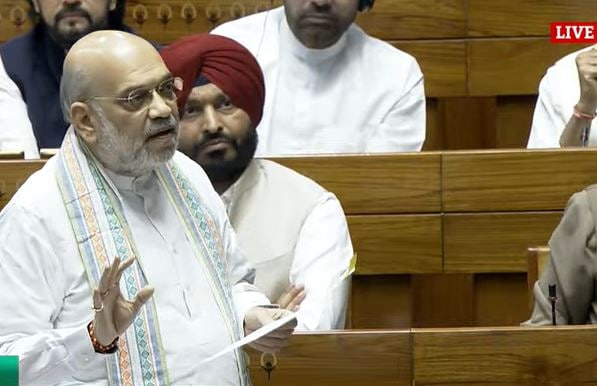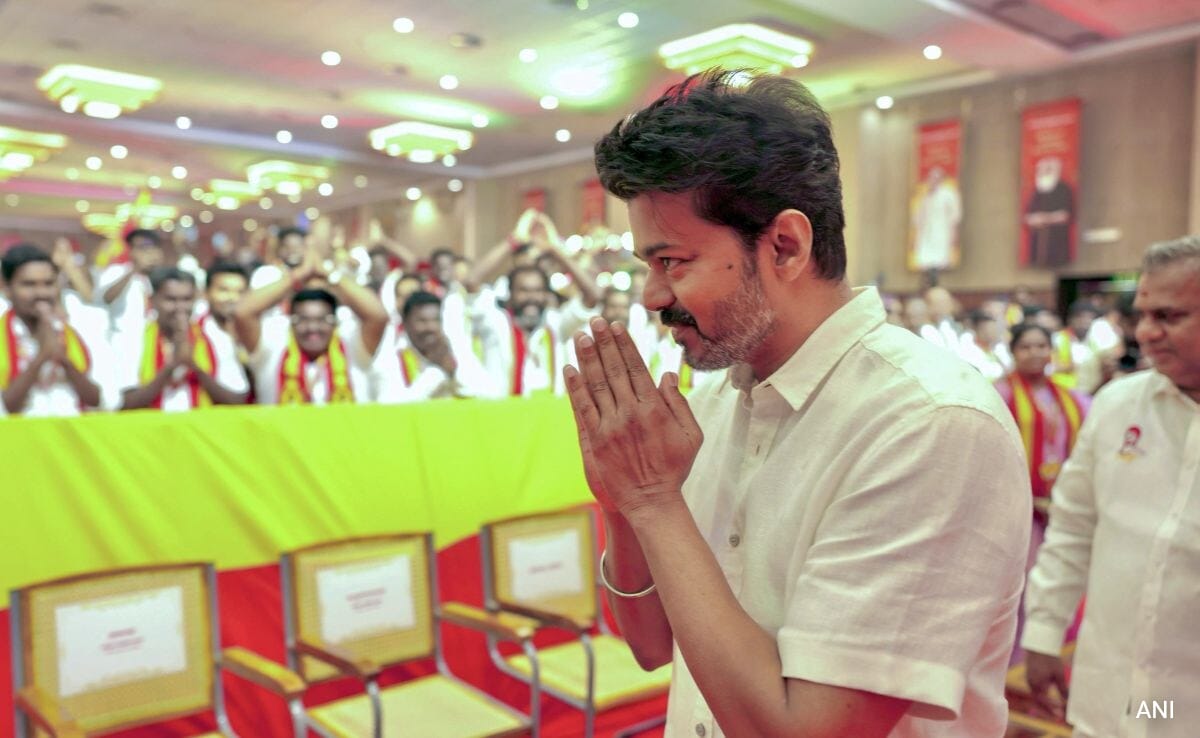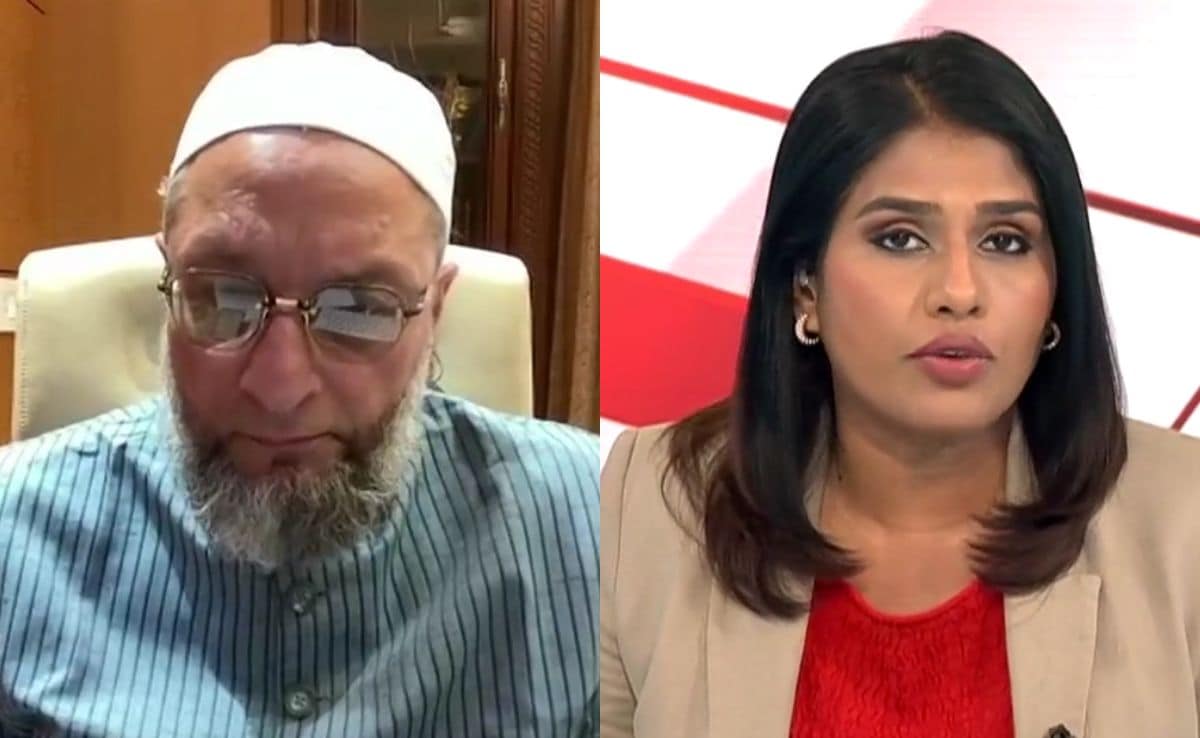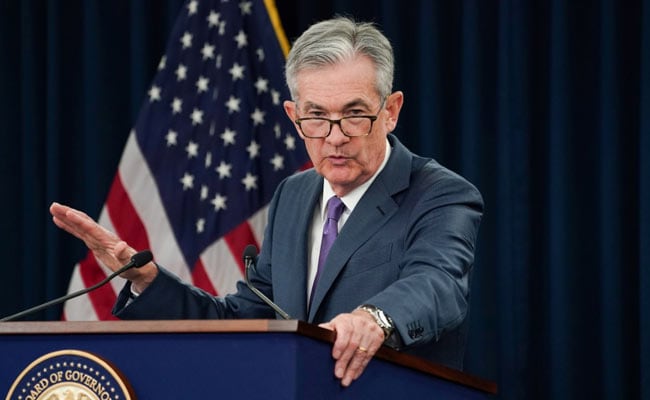Union home minister Amit Shah, speaking at the debate over the Waqf Amendment Bill in Lok Sabha this evening, presented a long list of properties that he said were given for Waqf. The list included land belonging to temples, other religions, the government and others. His point: “You cannot donate someone else’s property. You donate something which is yours”.
It was a reinforcement of the government’s contention that major lands and properties have been taken over by Waqf, there were last-minute saves in case of others. The Waqf, the government maintained, has become a ruse for land-grabbing.
Citing examples, Mr Shah said the Karnataka High Court had to stop grabbing of 602 sq km by Waqf.
“Properties in (Delhi’s) Lutyens zone went to Waqf, and they started taking over government land… In Tamil Nadu, a 400-year-old temple property was declared as Waqf’s. Land for a five-star establishment was given to Waqf for 12,000 a month… Several properties belonging to different religions were declared as Waqf property, including Chandra Shekhar Azad Park in Prayagraj,” he said.
The amended Waqf bill, he said, would be instrumental in stopping this. “This bill will protect property. Like ASI property, Tribal land, private property and for Waqf, you can only donate private, personal property and not the land of the community (village). This bill will bring transparency,’ he said.
Speaking before Mr Shah, Union minister Kiren Rijiju had said that a case going on since 1970 in Delhi involved several properties, including the old Parliament building. “The Delhi Waqf Board had claimed these… the case was in court but then the UPA denotified 123 properties and gave them to the Waqf Board,” he said.
“If we had not introduced this amendment today, even the building we are sitting in could have been claimed as Waqf property. If Prime Minister Narendra Modi’s government did not come to power… several other properties would also have been de-notified,” the minister added.
Mr Shah blamed the UPA government for this situation, saying the Waqf rules were changed days before the 2014 general election.
Calling it another example of politics of appeasement, he said, “In 2013, they (the Congress-led government) wiped out the provision to take land-grabbing complaints to court. They sinned. The new bill will not come in retrospective effect, but they are trying to scare the people”.
The Home Minister said they had consulted a cross-section of the population before bringing the amendments. “We got over 1 crore suggestions from people… Our principle is clear, we won’t bring any law for vote bank, it’s for justice,” he said. The bill, he declared, has even got the support of Christians from Kerala.
Mr Shah also questioned why the Waqf properties and the income from them were not being used to help the economically deprived section among the Muslims. Money is being stolen and “They (the Opposition) want the irregularities to continue”.
“When our country has the largest Waqf property in the world, why hasn’t it been used for the education, medical treatment, skill development, and income generation of poor Muslims? Why has no progress been made in this regard so far?” Mr Rijiju had said earlier.
The Proposed Changes In Waqf Law
The Waqf (Amendment) Bill — which which proposes changes to laws that decide how Muslim charitable properties are administered — was introduced in Lok Sabha in August last year amid vociferous protests from the Opposition.
It was later referred to a Joint Parliamentary Committee that examined it and submitted a report.
Contentious provisions in the amended bill include mandatory inclusion of two non-Muslim members in the Central Waqf Council and Waqf Boards. There is also the stipulation that individuals who practiced Islam for at least five years only can donate properties to Waqf.
Also, under the proposed law, government property identified as Waqf will cease to belong to it and the local Collector will determine its ownership.
The Opposition Stance
The Opposition has contended that the bill is unconstitutional and violates the fundamental right to practice religion, Article 14, which guarantees equality before law and Article 15, which bars discrimination on basis of religion. Sections of the Muslim community maintain the amendments are geared to help the government gain control of the Waqf properties.




